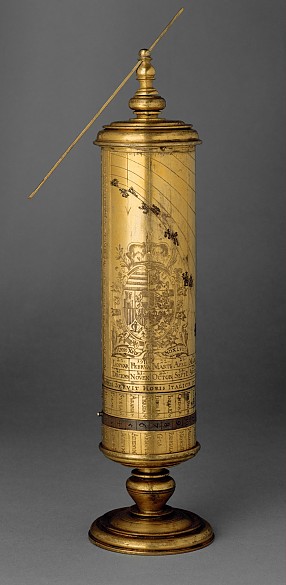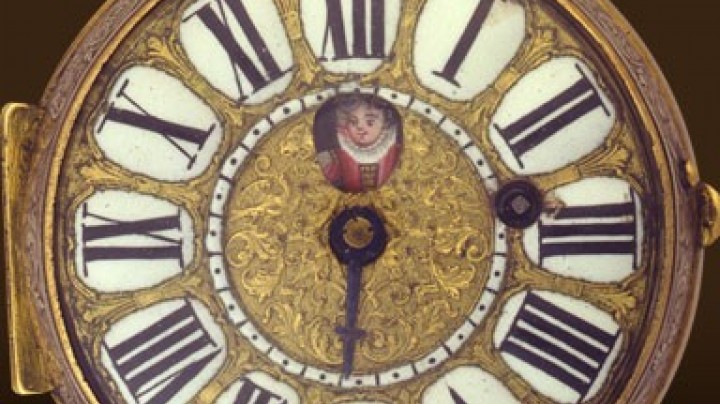Counting the days afresh
Julian or Gregorian calendar? How should the days in a year be counted?
Farmer’s lament 1782, in: Münch, Paul: Lebensformen in der frühen Neuzeit, Frankfurt/Main 1992), 177Pope, what hast thou perpetrated,
In thy hopeless poem stated,
Time thou hast now turned around,
Us poor peasants to confound!
Now we do no longer know
When to plant, or dig or sow!
In 1582, Pope Gregory XIII issued a papal bull, known by its opening words as Inter gravissimas, decreeing a reform of the calendar. Astronomers Tycho Brahe and Johannes Kepler had detected an error of calculation in the calendar used until that time, known as the Julian calendar after Julius Caesar, who had introduced it. This was based on the erroneous assumption that a year consisted of 365 days and six hours, leading to discrepancies between the date and the seasonal equinoxes. The new system assigned to a year 365 days, five hours, 48 minutes and 46 seconds, with spring now starting on 21 March. Easter now once again began with the first spring full moon. In order to compensate for the accumulated error, Pope Gregory ordered that 15 October was to follow immediately upon 4 October in 1582, thus dropping ten days, and introduced the concept of leap years. Although this reform, named after the Pope, was also propagated by Martin Luther, the new Gregorian calendar became a bone of contention. Protestants rejected it, as they thought it was merely a matter of Church politics instigated by the Counter-Reformation, and in 1582 the new calendar was only adopted in Italy, Spain, Portugal, France and Poland, followed in 1583 by the Austrian Hereditary Lands and the Catholic territories of the empire. The Protestant countries, however, at first continued to reject the papal reform.
The peasantry were also suspicious of the new calendar as they used the sun rather than clocks to tell the time. It must have been terribly confusing for them suddenly to have to drop ten days of a year and thus disrupt the rhythm they were so used to.
It took until the eighteenth century for the Gregorian calendar to be adopted throughout the whole of Protestant Europe, and by Russia, albeit with considerable delay (1918). With increasing improvement in communications, international traffic and trade would have been significantly impaired without a common time system.














